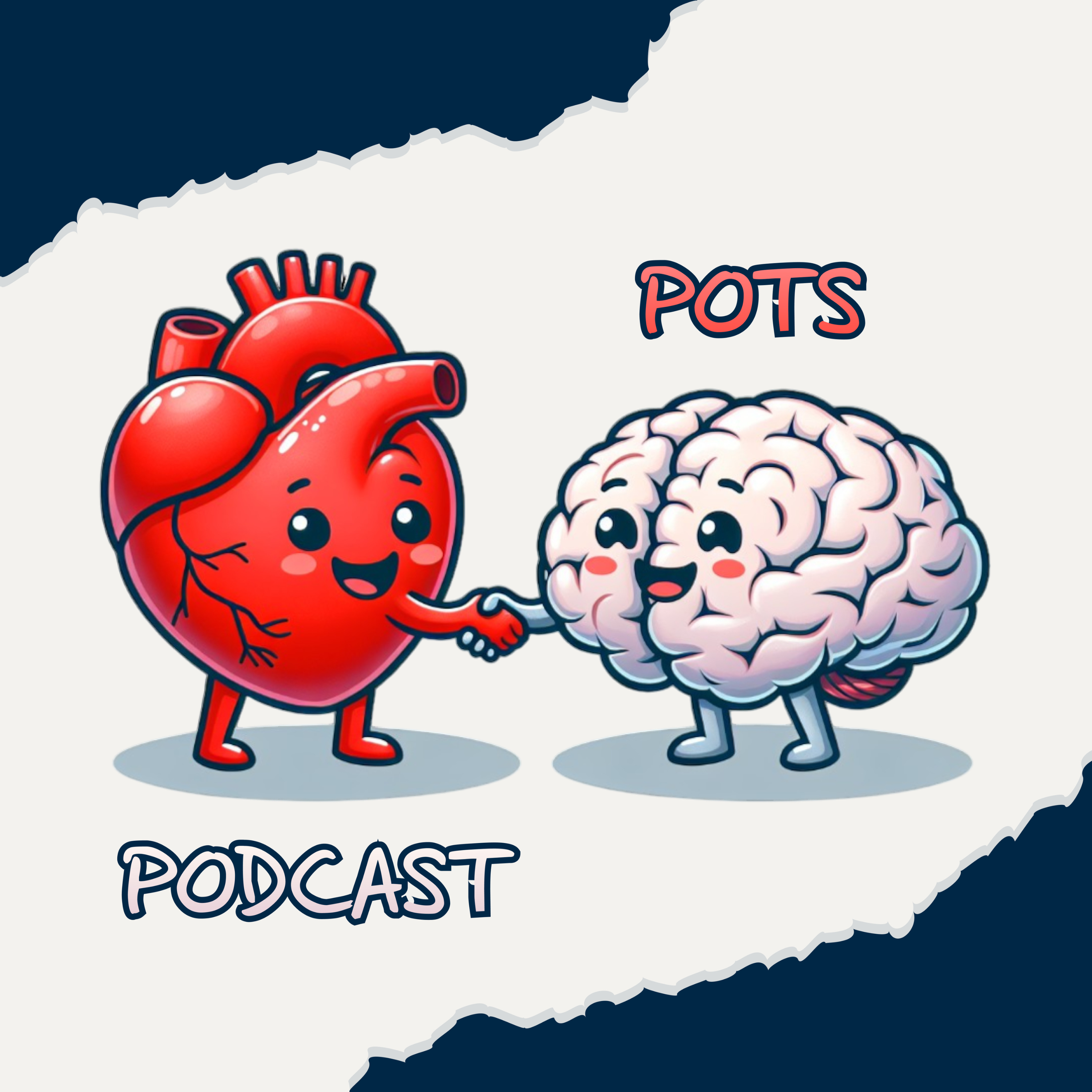
Beyond POTS: Understanding the Complex Web of Dysautonomia
In this episode of My POTS Podcast, Dr. Joseph Schneider explains how Postural Orthostatic Tachycardia Syndrome (POTS) is often one component of a broader autonomic nervous system dysfunction. Drawing from his 35 years of experience as a functional neurologist and his personal stroke recovery journey, Dr. Schneider examines the intricate relationship between the brain's regulatory centers and multiple body systems. He and co-host Joseph Quirk provide an extensive overview of how dysautonomia affects various aspects of health, from temperature regulation to digestive function. The discussion explores the critical role of the hypothalamus-pituitary axis in maintaining bodily homeostasis and how its disruption can lead to diverse symptoms. Listeners will learn about the impact of neuroinflammation on autonomic function and discover innovative, non-pharmaceutical approaches to treatment. This episode offers valuable insights for both patients and healthcare providers seeking to better understand and address autonomic disorders. Connect with Dr. Joseph Schneider: Website: Hope Brain and Body Recovery Center LinkedIn: Joseph Schneider YouTube: hopebrainbodyrecoverycenter Instagram: @hopebraincenter_ Facebook: Hope Brain and Body Recovery Center
Description:
In this episode of My POTS Podcast, Dr. Joseph Schneider explains how Postural Orthostatic Tachycardia Syndrome (POTS) is often one component of a broader autonomic nervous system dysfunction. Drawing from his 35 years of experience as a functional neurologist and his personal stroke recovery journey, Dr. Schneider examines the intricate relationship between the brain's regulatory centers and multiple body systems. He and co-host Joseph Quirk provide an extensive overview of how dysautonomia affects various aspects of health, from temperature regulation to digestive function. The discussion explores the critical role of the hypothalamus-pituitary axis in maintaining bodily homeostasis and how its disruption can lead to diverse symptoms. Listeners will learn about the impact of neuroinflammation on autonomic function and discover innovative, non-pharmaceutical approaches to treatment. This episode offers valuable insights for both patients and healthcare providers seeking to better understand and address autonomic disorders.
Connect with Dr. Joseph Schneider:
Website: Hope Brain and Body Recovery Center
LinkedIn: Joseph Schneider
YouTube: hopebrainbodyrecoverycenter
Instagram: @hopebraincenter_
Facebook: Hope Brain and Body Recovery Center




Comments